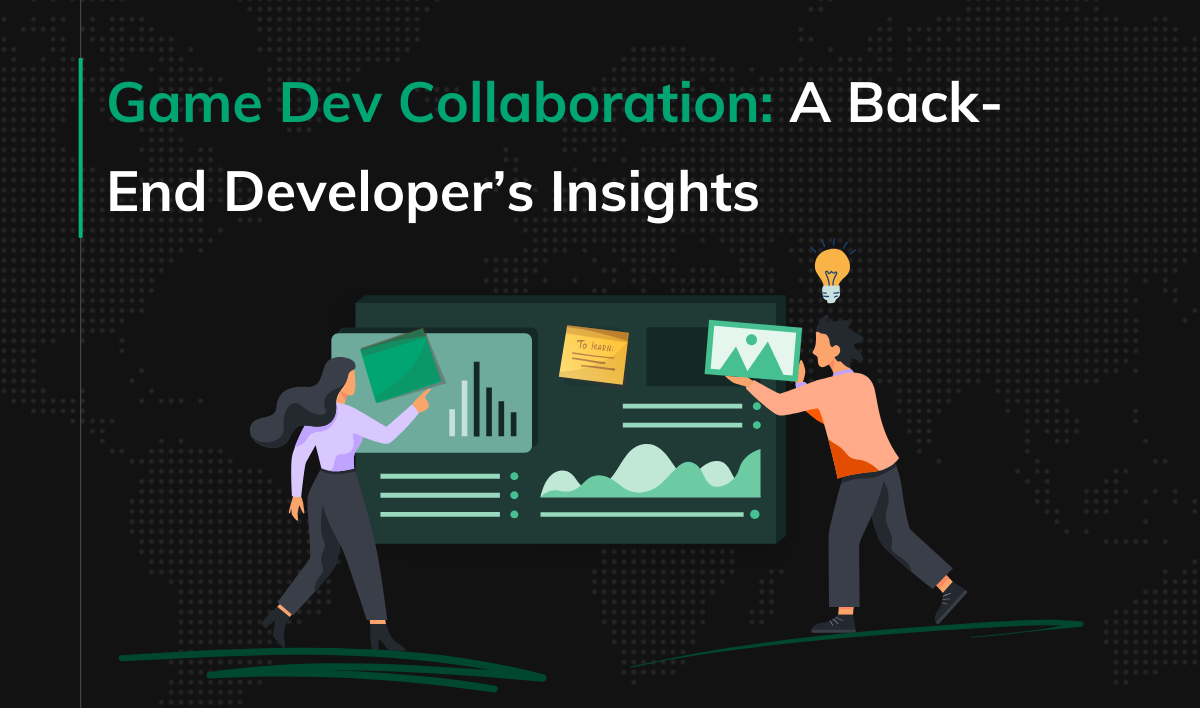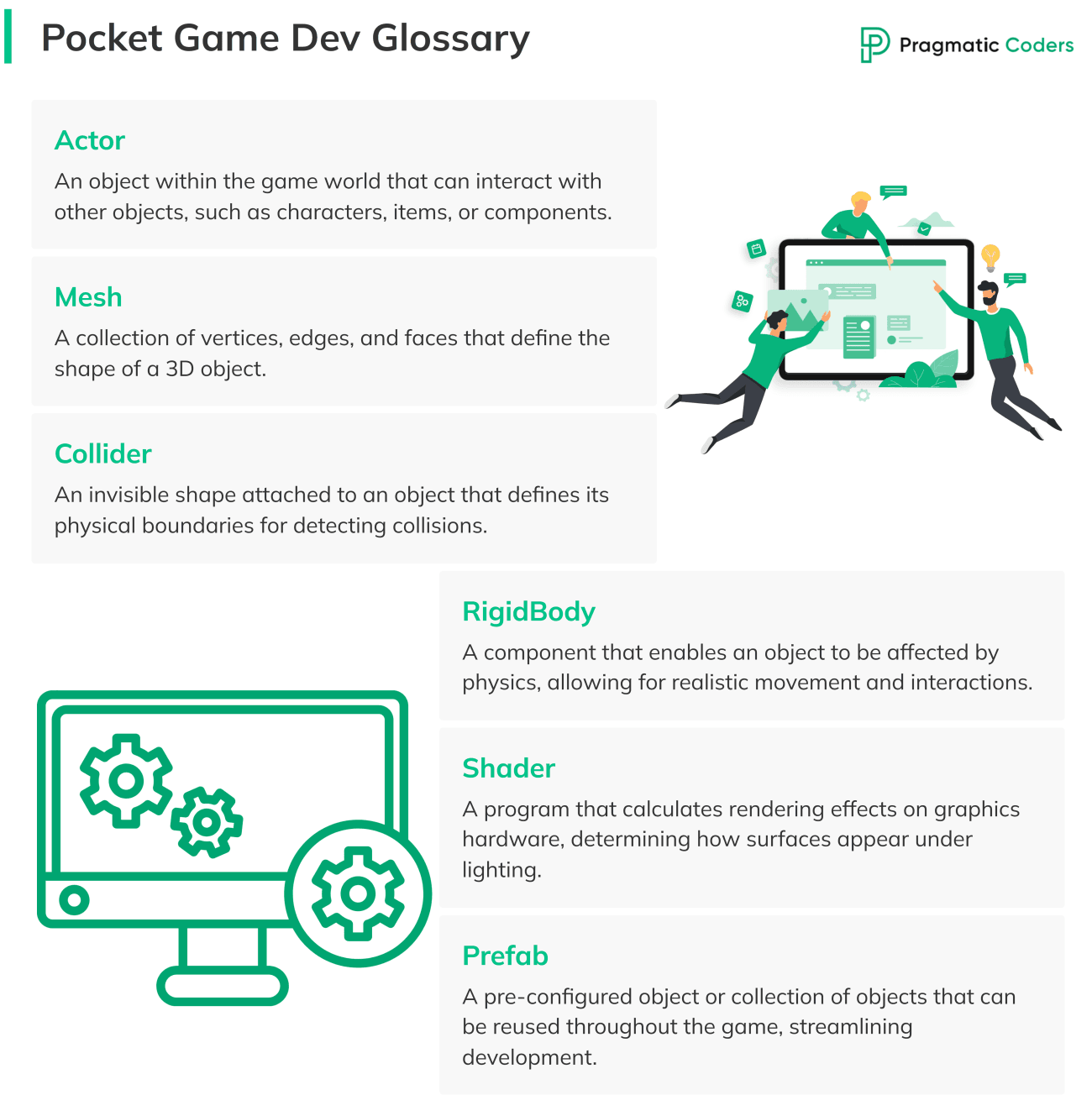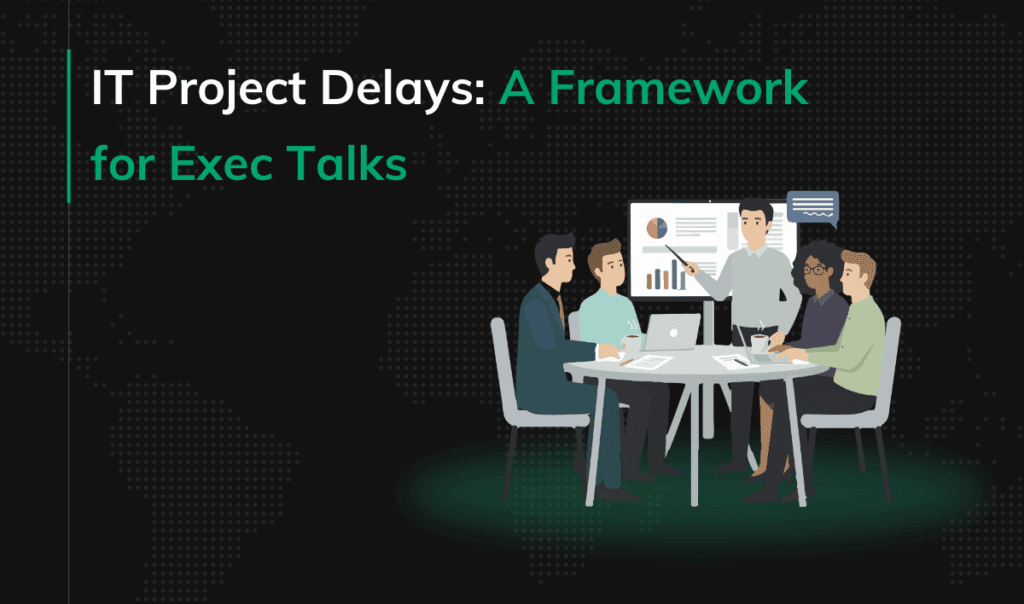Game Development Workflow: Back-End Developer’s Insights

I’ve worked with many software teams. But collaborating with a game development team felt different. Their world is fluid, creative, and full of unknowns. They work in 3D, relying on immersion and nonstop experimentation. Traditional web or app projects are more predictable by comparison.
I saw this contrast firsthand with Everdome. It’s a hyper-realistic metaverse platform where users create and customize 3D Spaces for interactive events. They do it through a web form, which—let’s be honest—complicates things. This process highlights the complexity of aligning traditional back-end systems with a game development workflow. My job was to build and manage the back-end architecture. Merging a robust back-end with live game environments wasn’t always straightforward. Real-time interactions and dynamic user setups added extra hurdles. In this article, I’ll show you how we tackled those challenges and share the lessons I learned along the way.
Key Takeaways from My Experience
|
Understanding the Mindset Gap
In my usual projects, a UX designer draws a clear interface, and I build the front-end and back-end according to plan. Game development is very different. They might use a “blackout” environment—just a rough 3D model—to test spatial layouts and user flow. It’s exploratory, iterative, and relies on intuition. That felt imprecise at first, but I grew to appreciate the creativity it allows.
I also realized there’s more to learn about level designers, game programmers, artists, and other key roles. Level designers build the maps and spaces. Game programmers handle core systems and interactions. Artists create assets and visuals. Many other roles exist, and each shapes how a game is made.
Communication Barriers and Misaligned Terminologies
I found that many words in GameDev sounded alien. Terms like “actors,” “meshes,” and “colliders” didn’t come naturally to me. Without context, I misunderstood their requests. This slowed us down and caused mistakes.
I also had certain unmet expectations. I thought that if something works in my usual programming languages, it should work in the game engine too. After all, we’re all “app developers,” right? This often proved false. For example, lazy loading in UE5 is tricky. Parameters must be injected at the beginning of runtime, or the system fails. Realizing these limits helped me adjust my approach.
I also expected real-time updates, as in typical web projects. In GameDev, though, everything is manual or done through special in-engine tools. This made me ask: “What UE5 tools could help me right now?” Figuring that out clarified which data formats and visualization methods were actually possible.

The Importance of (Up-to-date!) Documentation
Establishing clear data contracts was my starting point for connecting the back-end to the game. I documented each endpoint, input, and output in Swagger. Yet, documentation alone only solved part of the puzzle. It was just as crucial to explain the purpose of each endpoint, how it linked to game features, and any assumptions we were making.
Backward compatibility became a constant challenge. Any new engine version or update to the back-end could break an older setup. This led us to debate the use of versioned endpoints versus a single, more flexible schema. We wanted to avoid constant rework every time a new iteration rolled out.
Beyond keeping the documentation current, we needed strong communication to prevent misunderstandings. Weekly syncs or a dedicated chat thread helped us tackle endpoint changes and shifting workflows. I also found huge value in maintaining a version history log, so future developers could see what changed and why. Re-examining past decisions with the right context saved us from reinventing the wheel.
As I learned more about the GameDev team’s challenges, I realized small tweaks on my side could save them hours of manual fixes. I kept asking questions like, “What would reduce friction for you?” or “Is there a simpler way to handle these data structures?” Over time, this feedback loop made our integration smoother and less error-prone.
You Can’t Automate Everything
Automated tests are the norm in web projects (though yes, too much automation can be a plague). In GameDev, it’s different. It’s tough to script something that checks the “feeling” of a level or how a user experiences an environment. I had to enter the game myself, load different rooms, and confirm that everything worked as expected.
Manual testing took time but revealed subtle issues. For instance, two colliders might overlap, causing strange behavior. No automated test would have caught that. Being in the environment firsthand helped me understand what players would see.
That said, future AI agents designed specifically for game development may someday automate parts of this process—for instance, by simulating real players, actively “playing” the game, and trying to break it. They could scan for collision glitches, track inconsistent AI behaviors, and highlight potential trouble spots before anyone on the team even loads a level. This approach could catch technical flaws earlier and streamline QA. Yet capturing the intangible “feel” of gameplay—the emotional tone, pacing, and narrative flow—still demands human judgment.
Overcoming User Confusion
During our beta tests, we discovered that users struggled to configure their virtual spaces through our web form. Because of technical limitations, they had to pick colors and layouts without a live preview, which caused confusion. Managing a 3D space with a 2D form proved difficult, and while building a robust web-based preview wasn’t easy, it was feasible in the end.
Another challenge was that gameplay configuration occurred in multiple locations. Level customization (adding dynamic content to the server) happened through the web form, but user avatars and graphic settings were set up via the launcher. We had to decide where each step of the configuration should happen to avoid confusing users. This took some time, but ultimately, we devised an optimal solution.
Conclusion
Working with a game development team isn’t just about shipping APIs. It’s about embracing complexity, exploring new ways of testing, and staying open to fresh ideas. I learned to speak their language. I learned the value of short feedback loops and clear contracts. I also learned that small tweaks in the back-end can create huge wins for them.
If you’ve never collaborated with game developers before, be ready for a shift in thinking. Don’t view it as a linear pipeline. Treat it like a conversation. Ask lots of questions. Stay curious. Revisit assumptions. You might even have to suit up and step into a virtual world to see if everything really works as planned. But trust me—it’s worth it. The partnership you build can lead to truly immersive experiences that people love.







